In order to take advantage of the latest technologies, the Museum of Knowledge team would like to inform our followers that we are delaying the the launch of the learn a language programme until November 2023. We will in the meantime continue to update our followers with our fabulously insightful blog posts.
How to use the Museum of Knowledge to practice grammar
We discuss how to use the Museum of Knowledge to practice grammar. Students who wish to learn a language will always need to fully understand the importance of grammar. Grammar adds fluidity to a linguist’s proficiency and comprehension.
The Museum of Knowledge intermediate and advanced language learning business modules include exercises that are embroiled in grammar. Every language from English to French will have some similarities in terms of grammar however there will always be differences between the varying languages a student wishes to learn.
Using grammar to create cohesive sentences
The idea that a student can learn a language without grasping high levels of grammatical understanding is a false one. The Museum of Knowledge adapts its modules in such a way so that students can enjoy grammatical exercises and also be supported by a linguist on the platform. Perfecting grammar ensures that language learners stand apart from their peers. The advantages of good grammar are extensive including the language learner’s ability to create sentences that are well constructed and cohesive.
Four effective ways to learn Portuguese
The Museum of Knowledge explores four effective ways to learn Portuguese.
Travel to Portugal or Brazil
Students may try and travel to a Portuguese-speaking country accompanied with with a simple phrase book. Portugal or Brazil are both great countries to visit as well as practice Portuguese even though the dialect in Brazil is slightly different to that of Portugal together with the accent and some vocabulary. Students should aim to learn Portuguese by memorizing a few words and phrases, personal greetings and simple task such as how to order in a restaurant. Nothing beats communicating with the indigenous population.
Explore language schools and online communities
Students can learn Portuguese effectively by exploring language schools and online communities. Through these mechanisms, students will be able to converse with individuals who will speak in Portuguese. Language learning schools and online communities offer a breadth of knowledge to students who wish to embrace the Portuguese language from a social as well as business perspective.
Learn Portuguese by pacing yourself
Students can learn Portuguese by pacing themselves. First, students can learn Portuguese on a basic level and then gradually skills can be perfected over time. These skills can include writing and reading in Portuguese as well as developing listening and speaking skills.
Taking classes in Portuguese
Taking classes in Portuguese enables students to improve their skills alongside their fellow language learners so that they can gain a real sense of achievement and be encouraged to learn Portuguese in a supportive group environment.
Top tips to learn Dutch quickly and efficiently
The Museum of Knowledge suggests Top tips to learn Dutch quickly and efficiently. The most expedient way to learn Dutch is by interacting with well-spoken Dutch language speakers. Students will need to spend some time memorizing words and grammar in order to communicate effectively to a high standard.
Confidence is key
Students will also need to be confident in order to grasp the opportunities that will be granted to Dutch language speakers in term of work and commerce. Once a reasonable command of Dutch has been attained, students should be confident enough to put into practice what they have learnt in theory.
Students should not be afraid to talk to native speakers even if on occasion some mistakes are made. Students may also seek a friend or someone known to them who is also willing to practice Dutch with the student on a regular basis. Equally, students can learn Dutch quickly through forums and online language learning programmes such as those offered by the Museum of Knowledge.




